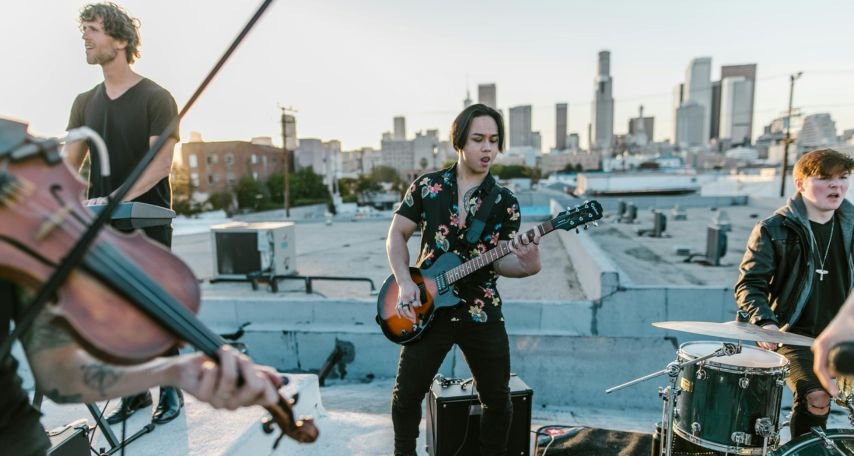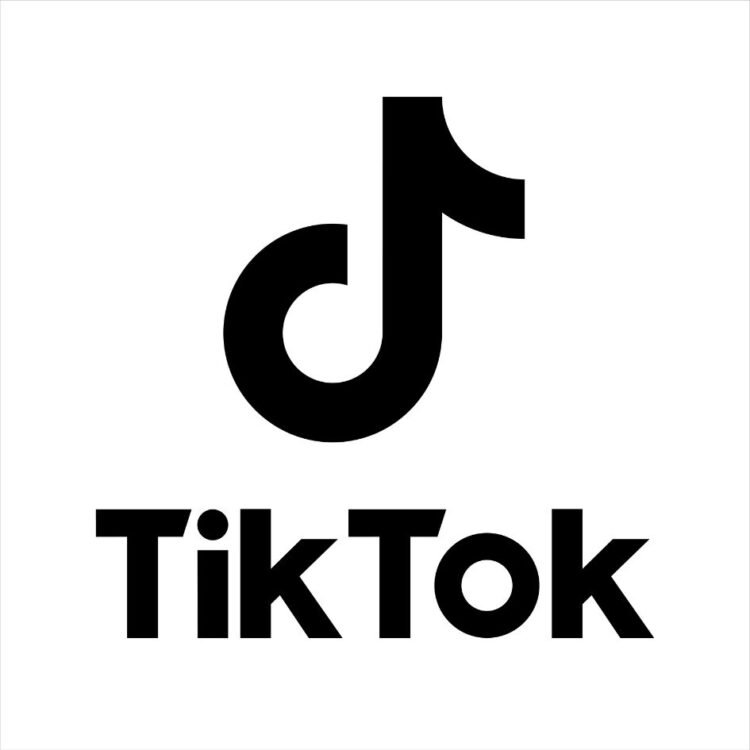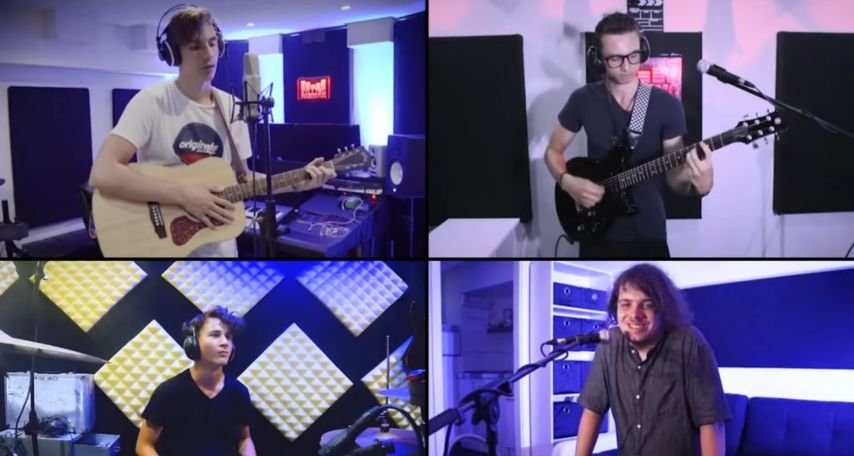If you think the music industry is just about catchy hooks and chart-toppers, you’re not paying attention.
The landscape is shifting fast, with technology redefining the way we create, consume, and market music.
From artificial intelligence composing full tracks to TikTok driving the latest viral sensation, it’s clear that how we experience music is evolving in ways we couldn’t have predicted a few years ago.
This guide is here to break down the trends that are actually shaping the music industry in 2024—no fluff, just the facts.
Whether you’re an independent artist trying to make your mark, a fan of underground music scenes, or just someone who loves keeping up with the latest tunes, we’ve got you covered.
1. Tech Takeover: How AI and Algorithms Are Revolutionising Music Creation and Consumption
Artificial intelligence isn’t just a buzzword in 2024—it’s a powerhouse that’s transforming music production and consumption.
AI has long been involved in curating your playlists, but now it’s taking on a more active role in creating the music itself.
AI in Music Creation

AI-powered tools like AIVA and Amper Music are enabling artists and producers to generate melodies, harmonies, and even full tracks with a few clicks.
What makes this tech so revolutionary is that it’s allowing artists to explore genres and sounds they might never have touched on before.
Think AI isn’t making real music? Consider Endel, an AI-driven soundscape tool that has partnered with major artists to create calming ambient music.
These aren’t just experimental curiosities—AI is shaping commercial music production in real time.
Algorithm-Driven Consumption

On the consumption side, streaming platforms like Spotify and Apple Music have made major strides in fine-tuning their algorithms.
Playlists like Discover Weekly or Spotify Wrapped don’t just guess your preferences—they learn from your listening habits, adjusting and evolving as your tastes change.
This is making user experiences more personalised than ever before. Apple Music’s curated mixes also dig deep into your listening patterns, offering real-time updates on trending tracks, exclusive releases, and genre-specific recommendations.
2. Independent Artists Are Winning: The Rise of DIY and the Fall of Major Labels

The days when major labels ruled the music world are well and truly over.
In 2024, independent artists are the heartbeat of the industry, with many of them opting to go the DIY route, bypassing traditional gatekeepers altogether.
What’s changed? The rise of digital tools and social media platforms has levelled the playing field in a way that simply wasn’t possible a decade ago.
The Power of Independence
Artists like Chance the Rapper and Russ have shown that you don’t need a major label to make a big impact.
Today, artists are releasing their music on platforms like SoundCloud and Bandcamp with direct-to-fan marketing strategies, keeping creative control and a larger share of their revenue.
But it’s not just the superstars that are making waves. The DIY model is empowering niche artists in genres like electronic, ambient, and lo-fi hip-hop to cultivate loyal fanbases.
Tools for the Modern Musician

Digital tools like BandLab, Splice, and LANDR have made production, distribution, and even mastering more accessible than ever.
Want to mix, master, and distribute a single from your bedroom? In 2024, you can do it with professional-level tools for a fraction of what it used to cost.
The barriers to entry are falling, allowing more voices and more variety to break through.
For independent artists, it’s never been easier to carve out a space in the industry without relying on a record label.
Streaming for Indie Artists

On the distribution side, streaming services like Spotify and Apple Music are offering better monetisation models for indie artists.
Spotify’s revamped direct upload feature and platforms like DistroKid are making it easier for unsigned artists to get their music onto major streaming platforms.
It’s a seismic shift, and it’s allowing indie artists to flourish without losing control over their work.
3. Fan Engagement is Changing: The TikTok Effect and the Social Media Revolution

If you want to know what the next big hit will be, you don’t need to check the Billboard charts—just open TikTok.
In 2024, short-form video platforms like TikTok and Instagram Reels aren’t just part of music marketing—they are music marketing.
TikTok: The Ultimate Kingmaker

What makes TikTok so influential is its ability to turn 15-second snippets of a song into viral trends.
A catchy hook or an interesting beat can spread like wildfire, pushing previously unknown artists into the limelight.
Just look at Lil Nas X’s Old Town Road or Olivia Rodrigo’s drivers license.
These weren’t accidents; they were driven by organic fan interaction on TikTok.
In many cases, fans are discovering and promoting songs long before they hit traditional radio or streaming charts.
Social Media as a Launchpad
Artists are increasingly using these platforms to create engagement-driven content—think challenges, duets, and remixes that encourage fan participation.
Labels and independent artists alike are leaning heavily into short-form video strategies, and for good reason.
When users actively participate in these trends, they feel connected to the music, fostering a deeper level of engagement than a simple listen on Spotify or Apple Music.
In 2024, if you’re not harnessing the power of social media platforms to build your fan base, you’re missing out on one of the most powerful marketing tools in the music industry.
4. Sustainability and Ethics in Music: The New Priority
It’s not just about making music anymore. 2024 is all about making music responsibly.
Both artists and fans are becoming more aware of the environmental and ethical impact of the music industry, from touring to streaming.
Carbon-Neutral Tours and Eco-Friendly Releases
Major artists are adopting carbon-neutral tours, offsetting their environmental impact through sustainable practices.
Coldplay, for instance, pledged to make their current world tour more environmentally friendly by incorporating solar-powered stages and biodegradable merch.
But it’s not just the big names—independent artists are also embracing eco-conscious practices by offering eco-friendly vinyl or digital releases that minimise their carbon footprint.
The Environmental Impact of Streaming
Streaming may seem like an eco-friendly alternative to physical media, but it comes with its own environmental concerns.
The servers that power platforms like Spotify and Apple Music consume vast amounts of energy.
In response, some streaming services are beginning to explore more sustainable methods, such as utilising green energy to power their data centres.
Artists and labels are also exploring ways to release music in more sustainable formats, with discussions around how blockchain could help artists reduce waste in music distribution.
5. The Evolution of Live Music: Virtual Concerts and Hybrid Experiences

While nothing can fully replace the feeling of a live concert, virtual concerts are becoming more than just a substitute—they’re a legitimate experience in their own right.
In 2024, hybrid music experiences that blend in-person performances with digital live streams are taking over.
Virtual Concerts are Here to Stay
Platforms like Twitch, YouTube Live, and Veeps are now mainstream, allowing artists to reach global audiences without ever leaving their living rooms.
From indie artists performing intimate gigs to major acts like Billie Eilish and Travis Scott, virtual concerts have gone from novelty to necessity.
Hybrid Experiences: The Best of Both Worlds
Hybrid concerts, which blend physical and virtual elements, are also gaining popularity.
Imagine attending a festival where half the audience is in the venue and the other half is watching live from home.
These hybrid experiences offer fans more flexibility and allow artists to connect with both local and global audiences simultaneously.
In 2024, this trend is opening up new possibilities for artists to engage with their fanbases, regardless of physical location.
6. The Streaming Services Wars: Who’s Winning in 2024?
With competition fiercer than ever, 2024 is the year of innovation in music streaming.
Spotify and Apple Music remain the frontrunners, but niche platforms like Qobuz and Tidal are carving out significant markets among audiophiles and high-fidelity enthusiasts.
Personalisation vs. Sound Quality

While Spotify still leads with its robust algorithm-driven playlists like Discover Weekly and features like Spotify Wrapped, Apple Music is focusing on sound quality.
With lossless audio and Dolby Atmos available, Apple Music is appealing to audiophiles who prioritise sound quality over sheer convenience.
Meanwhile, platforms like Tidal and Qobuz are offering high-fidelity, lossless audio streams that cater to niche audiences.
As more listeners upgrade their audio equipment, these specialised platforms are slowly gaining momentum.
Looking Ahead: What’s Next for Music in 2025 and Beyond?
Looking beyond 2024, the music industry’s future is bright but unpredictable.
Blockchain technology is on the horizon, promising to revolutionise music rights management and royalties.
AI will likely play an even bigger role in everything from live performances to music creation, and social media platforms will continue to shape fan engagement in ways we haven’t even imagined yet.
The music industry is evolving at a pace we’ve never seen before, so stay tuned—because things are only going to get more interesting.
You might also like:
- Understanding Brown Noise: A Comprehensive Guide
- Green Noise: The Ultimate Guide to Nature’s Sleep Enhancer
- Experience The Magic Of Sleep Music For Deeper, And More Restful Sleep
- Exploring the Science Behind Music Production
- Boost Your Workout with the Science of Upbeat Music (Music for Different Moods)


